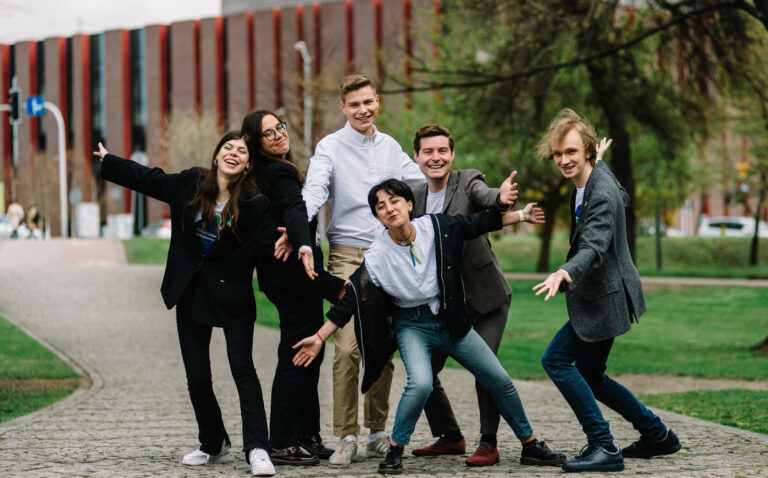
The EU4Youth Alumni connecting the dots between young Yazidis and Armenians in Aragatsotn
“Working with children from minority groups has been a whole new experience for me,” admits 26-year-old Mijerita Khachatryan, despite almost ten years of active participation in youth and community initiatives in her hometown of Talin, in the Aragatsotn region of western Armenia. Together with her friend Mariam Hovhannisyan, 27, from Masis in the Ararat region, Mijerita is part of the EU4Youth Alumni Network running a seven-month project that brings together young Yazidis and Armenians.
Both activists have been involved in local youth work since they were teenagers, and they have also taken part in youth projects funded by the European Union. Mariam has been a Young European Ambassador since 2019 – “a life-changing initiative, which gave me so many opportunities and spaces to voice my vision, to present my country abroad, to learn more about Europe and what it does in my country.” Mijerita took part in an exchange project on migration and integration in Croatia, then in a youth civil society project in her own home town – actions that made her “a more enterprising and proactive player,” she says.
Joining the EU4Youth Alumni Network allowed them to bring the experience they have gained to disadvantaged communities. With the mentoring support of professional youth workers, Mariam and Mijerita have designed their own project, encouraging young Yazidis and Armenians in Talin to create, think and act together for the development of their communities.
“Armenia is a small country,” says Mariam, “but it is home to many ethnic minorities – Yazidis, Assyrians, Greeks, Kurds, etc. Very often we do not communicate, do not know anything about each other, and yet their active engagement in society is crucial.” Mijerita adds: “Our initiative is about recognising each other, establishing dialogues between two cultures, and formulating a vision for a brighter future together.”
The young Yazidis often come from rather closed communities. They may have low awareness about and are rarely seen in national and international youth programmes. “Our challenge was to make them believe that we have the same rights to benefit from EU-funded programmes,” said Mijerita. She notes that at the beginning, many of the young Yazidis had been very reticent – “our issue was to help them to express their opinions, show their creativity and communicate in a more open manner.”
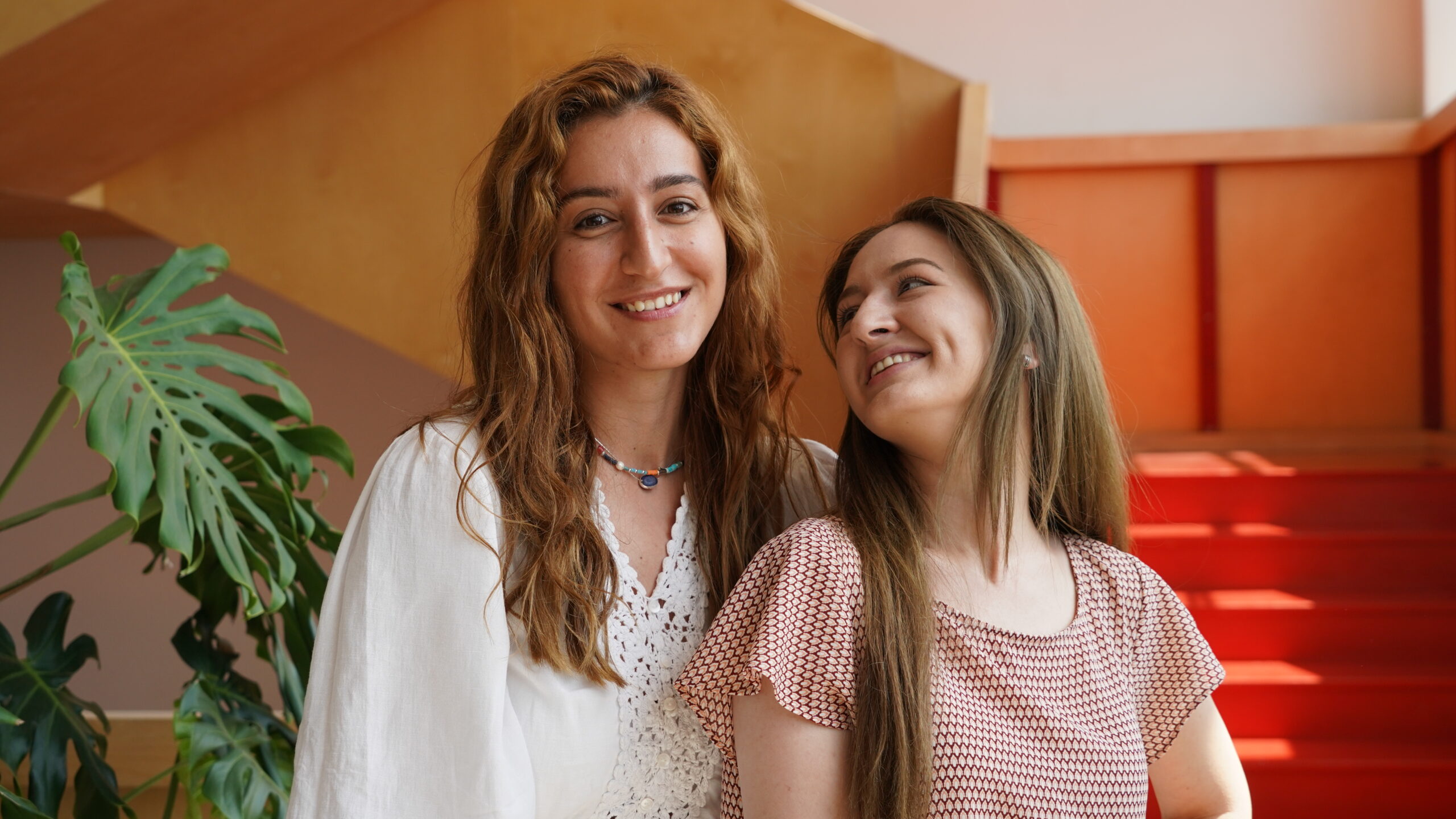



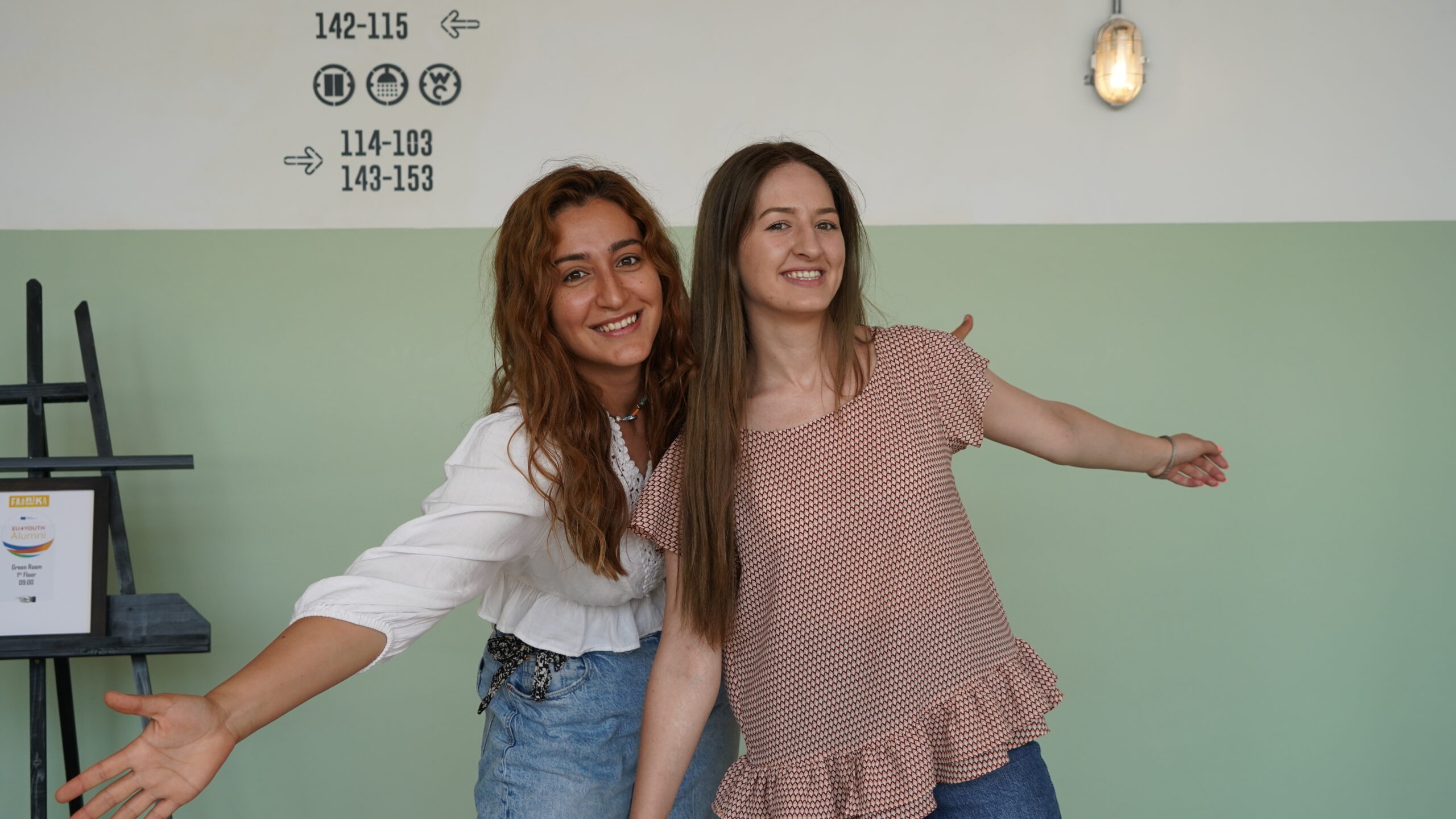
Initially designed to reach 20 youngsters, the project attracted more than 30 from across the region, who now hold face-to-face meetings two-three times per month. These meetings are devoted to different topics, for example, international mobility programmes and digital skills. “Our aim is to help build a team of active citizens. Our project seeks to unlock the hidden potential of youngsters, giving them the feeling of belonging to a community of values,” says Mariam.
Both young women aim to continue supporting their mentees, even after the project is over. “We will continue to encourage our youngsters to apply for international programmes after the end of our initiative and to put into practice the experience they have learned.” They also plan to work further on other community issues, which they were not covered in their current project.
Mijerita says that being part of the Network has been a huge learning experience for her: “This project has taught me to develop empathy, compassion and hone my multicultural communication, mentorship and coaching skills. But most importantly I have been reminded that nothing is impossible and everyone is good at something; there just needs to be someone who can reveal that talent.”
“I learned that even small initiatives can change reality,” says Mariam. “The Alumni Network gave us this irreplaceable experience of trying to shape our reality the way we wanted to see it.”
The project has given them hope for the future: “While working with Yazidis and Armenians, we saw that our generation, today’s youth, is more open to communication, to sharing, caring, and is more ready to accept differences – all we need is to provide them with the appropriate platforms,” Majerita says. “Our initiative is a small contribution, but as the saying goes, small drops make the mighty ocean.”
MOST READ
RELATED PROJECTS
SEE ALSO

No, time is not on Russia‘s side
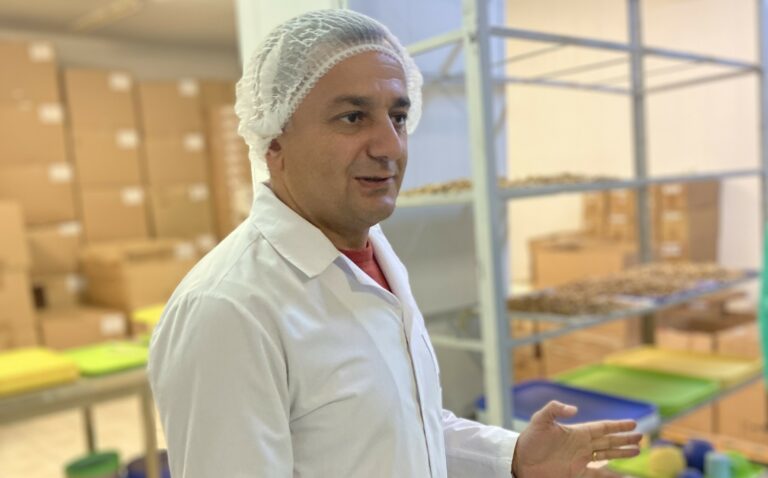
Sweet smell of chocolate
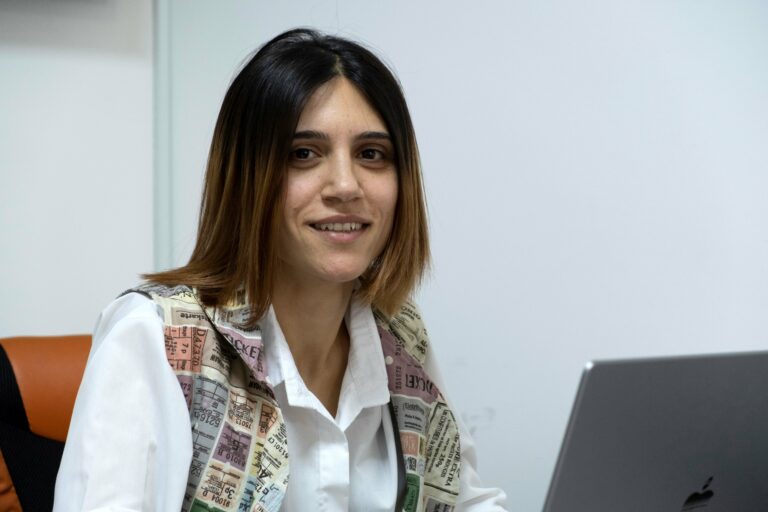
‘Be yourself, and always move forward’: Meri’s advice to young women in business

Be one step ahead of a hacker: check simple cybersecurity tips!
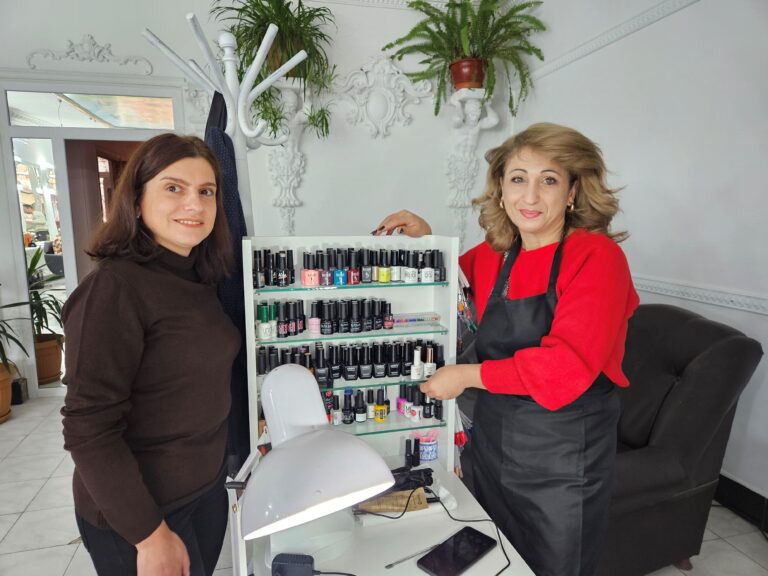
The power of skills: women paving the way to their own business in rural Armenia
More campaign pages:
Interested in the latest news and opportunities?
This website is managed by the EU-funded Regional Communication Programme for the Eastern Neighbourhood ('EU NEIGHBOURS east’), which complements and supports the communication of the Delegations of the European Union in the Eastern partner countries, and works under the guidance of the European Commission’s Directorate-General for Neighbourhood Policy and Enlargement Negotiations, and the European External Action Service. EU NEIGHBOURS east is implemented by a GOPA PACE-led consortium. It is part of the larger Neighbourhood Communication Programme (2020-2024) for the EU's Eastern and Southern Neighbourhood, which also includes 'EU NEIGHBOURS south’ project that runs the EU Neighbours portal.

The information on this site is subject to a Disclaimer and Protection of personal data. © European Union,








